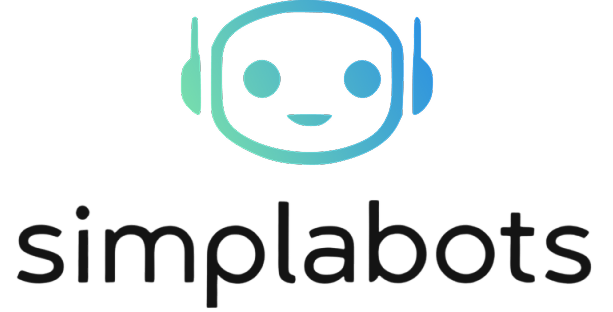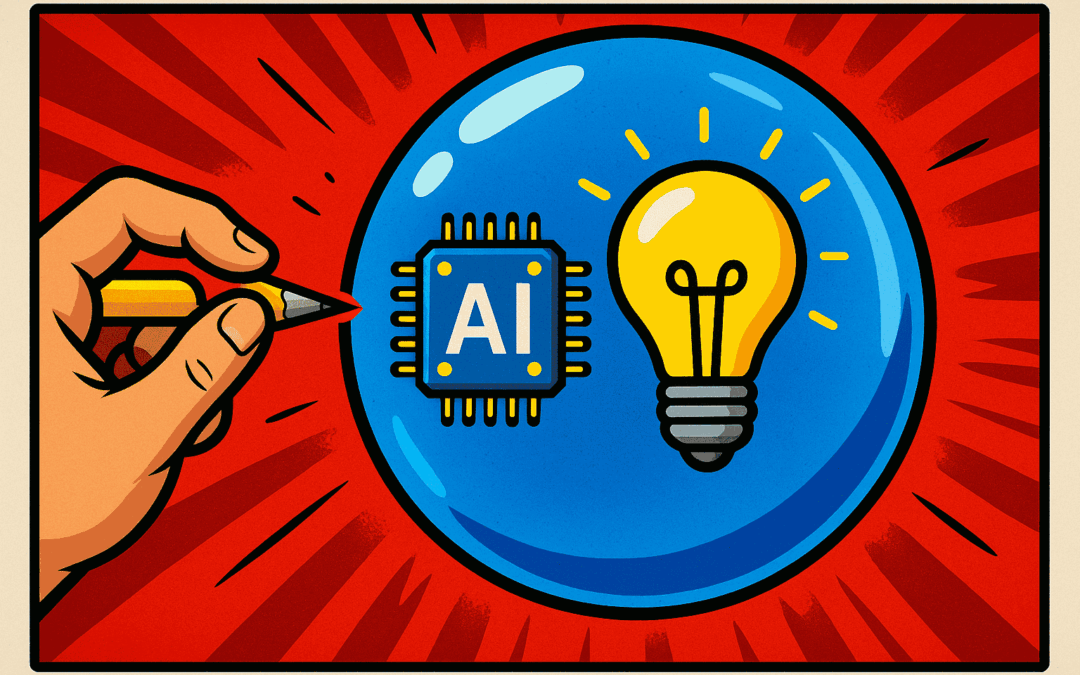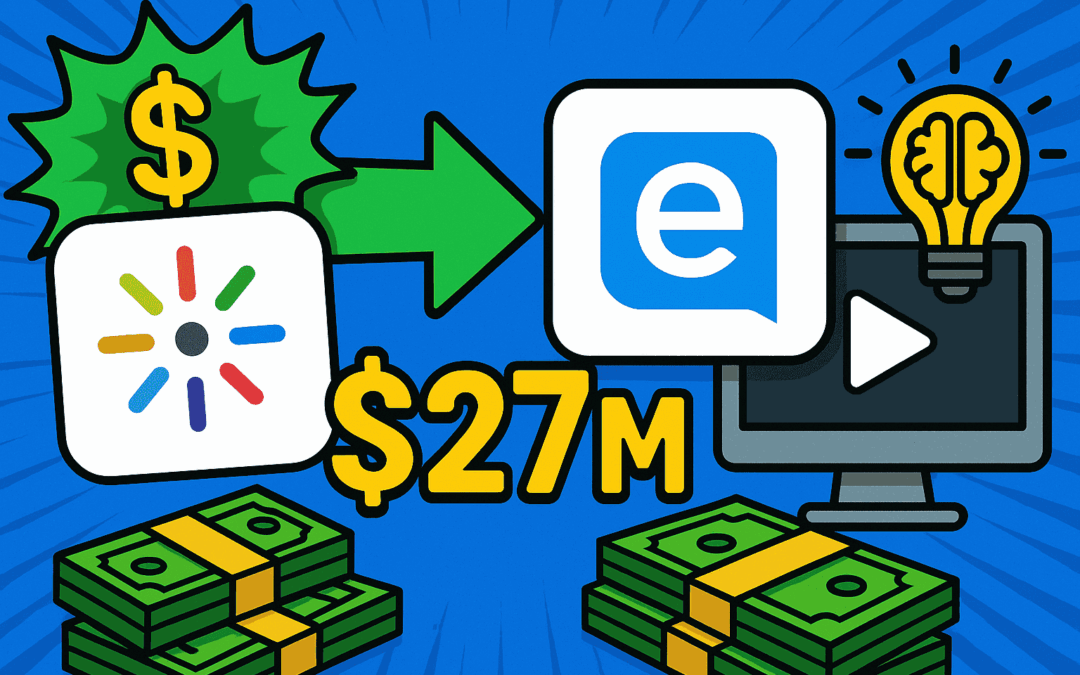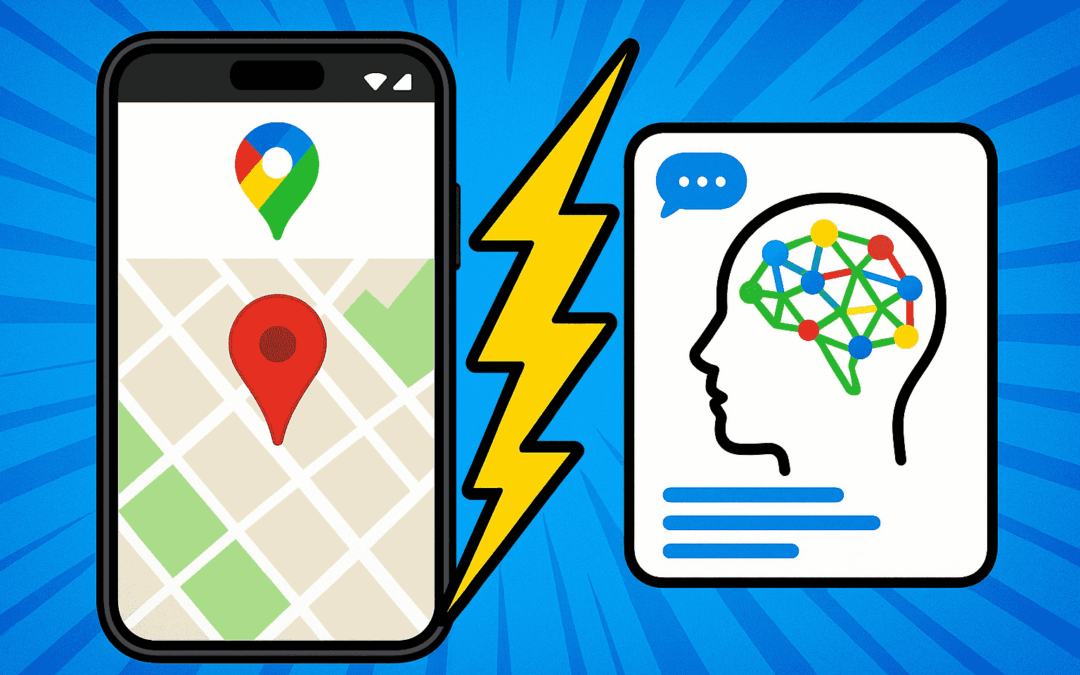AI and generative large language models (LLMs) continue to push the boundaries between digital and human experiences.
Eternos, a startup initially focused on digital immortality, now pivots towards building personalized AIs that closely mimic users’ voices, sentiments, and thought patterns.
This move reflects a larger trend towards hyper-personalized digital assistants and raises new questions about data privacy, agency, and creative potential in AI-driven interactions.
Key Takeaways
- Eternos now offers personalized AI agents that can replicate an individual’s voice and personality traits.
- This pivot aligns with broader industry trends, where custom AI experiences and voice clones are gaining mainstream traction.
- The technology relies on users’ real conversational data, not just written text, for deep personalization.
- Privacy concerns remain significant as realistic voice and persona cloning raises ethical questions for users and developers.
- Startups and developers have new opportunities in building branded, deeply customized AI companions—blending digital identity, productivity, and creativity tools.
Eternos’ Strategic Shift: From Digital Immortality to Personalized AI
Originally, Eternos positioned itself as an “immortality engine,” collecting user data to digitally preserve one’s life experience.
Now, as reported by TechCrunch, the startup refocuses on immediate value: creating generative AI agents that sound, write, and interact “like you.”
This pivot enhances not just nostalgia and memory preservation, but live digital agency—users can deploy their AI twin for meetings, correspondence, and even social engagement.
“Hyper-personalized AIs—based on voice, style, and decision-making—signal the next phase of human-computer symbiosis.”
Industry Context & Related Developments
Eternos’ strategy tracks with significant momentum around custom voice and persona AIs. OpenAI’s Voice Engine, ElevenLabs, and Google’s Project Astra have introduced human-like digital voices, with some offering direct user cloning for accessibility tools, entertainment, or companionship.
According to The Verge, user adoption and ethical debates accelerate in parallel. Major platforms now invest heavily in personalized avatars, both for practical productivity (e.g., digital meetings, automated writing) and expressive uses (e.g., AI podcasters, virtual memorials).
“When AIs not only know what you know but speak and reason like you do, digital identity transforms from profile to presence.”
Implications for Developers, Startups, and AI Professionals
- Developers: Custom training pipelines that blend voice, text, and metadata are now in demand. Building secure, user-facing pipelines for data ingestion with explicit consent will differentiate responsible teams.
- Startups: Market niches rapidly emerge in executive clones, virtual influencers, grief tech, and creator-branded digital twins. Privacy-first architectures and explainable model behavior will be decisive competitive advantages.
- AI Professionals: Ongoing advancements in generative AI and synthetic media call for new standards in digital authentication, consent verification, and adversarial testing against misuse (e.g., deepfake moderation).
Privacy, Trust, and the Path Ahead
With generative AI imitating individuals at emotional and cognitive depth—not just appearance or syntax—existing norms around data privacy, user consent, and AI safety come into sharper focus.
The pivot by Eternos and rivals will likely accelerate regulatory oversight and standards for AI identity, as covered in recent Wired reporting.
For end users, adoption will depend not just on novelty but on robust, transparent privacy and governance built into the platform’s DNA.
“Responsible, user-centric AI personalization could redefine productivity and legacy—if privacy and trust are engineered from day one.”
Startups and developers leveraging LLM-powered generative AI must now balance unmatched innovation in personalization with ethical guardrails and transparent safeguards, as the real-world impact of AI twins comes into sharper focus.
Source: TechCrunch









